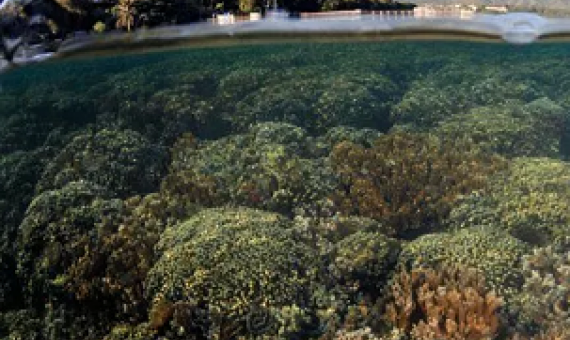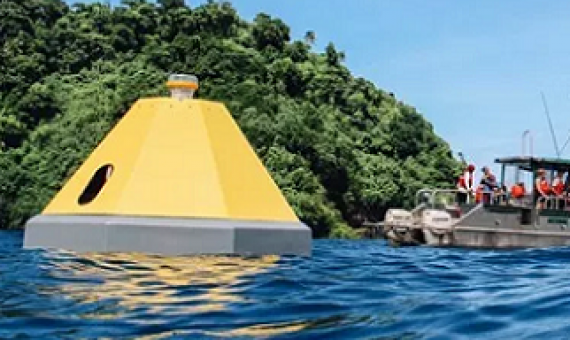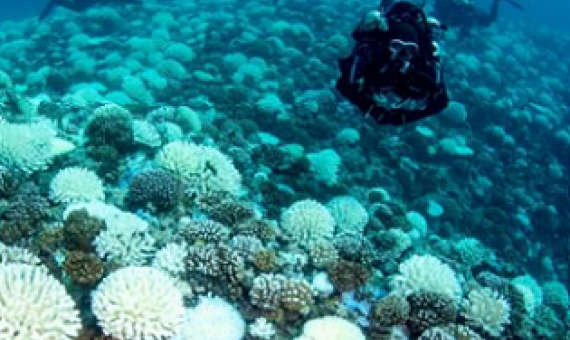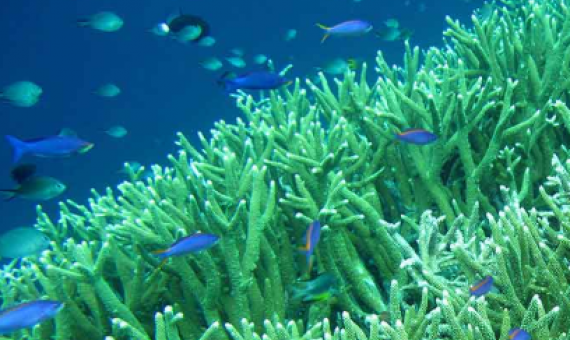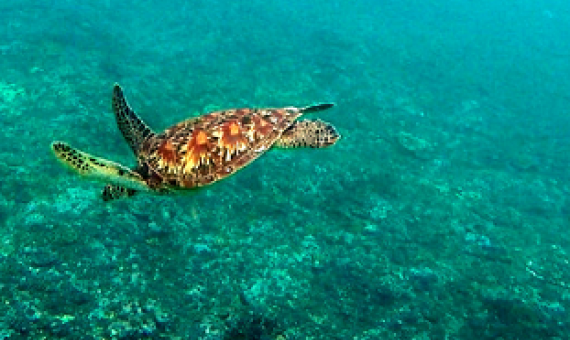Ocean acidification and interactive stressors - from challenges to actions
The ocean has been experiencing substantial changes in marine physics, chemistry and biology including ocean acidification, rising seawater temperature, ocean deoxygenation and sea level rise. These four, often interacting factors, are expected to increase over the coming decades depending on the concentration of greenhouse gases in the atmosphere. It is imperative that international decision-makers and stakeholders understand the enormous role the ocean plays in sustaining life on Earth, and the consequences of a high CO2 world for the ocean and society.
